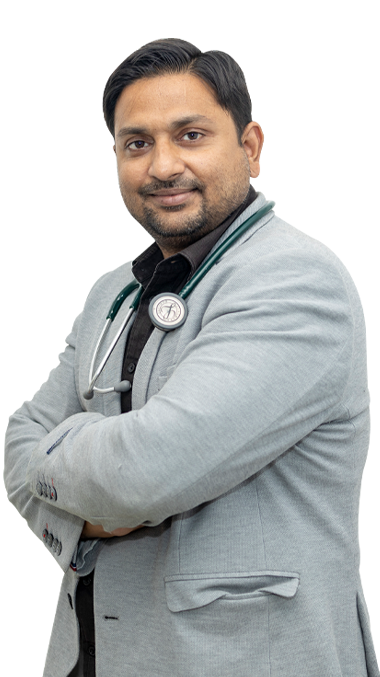

Gastroenterologist and Hepatologist.
M.D. (MEDICINE), D.M. (GASTRO)
F.A.G.E., F.A.E. (ERCP & EUS)
Fellowship in Advanced Endoscopy
Available for Consultation at Neotia Getwel Hospital Siliguri & Khemka Clinic Siliguri.
For Appointments : +91 70018 51434
subscribe to our newsletter to get all our news in your inbox.
